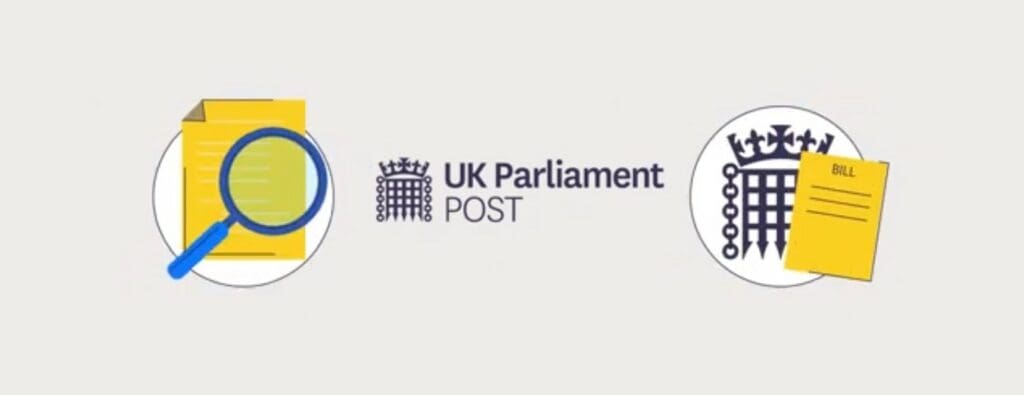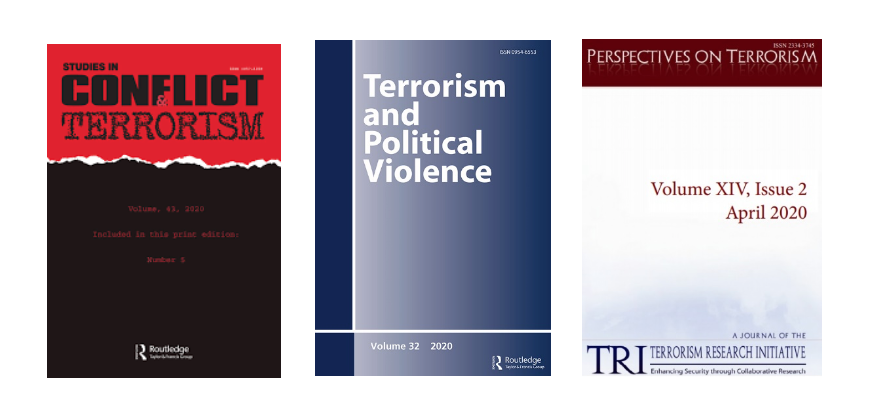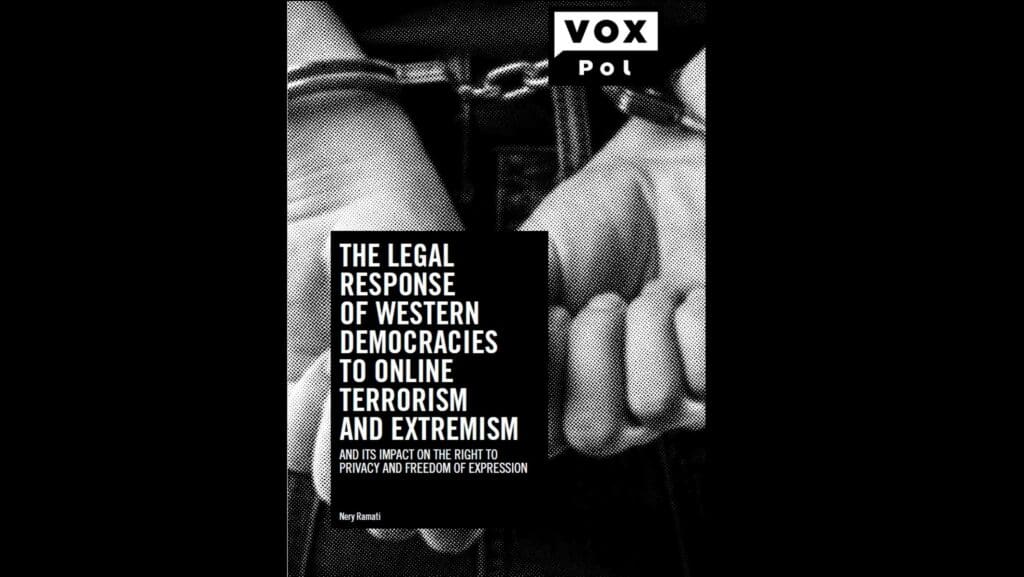Online extremism
Blog
‘Terrorism Informatics’ Part III: Analysing Extremist Content
March 17, 2021This is the third in a series of four original Blog posts; the first is HERE and the second is HERE. [Ed.] By Matti Pohjonen The previous blog posts looked at the costs and benefits of using network analysis to identify extremist networks. It suggested that one challenge in such network analysis-based research approaches is ...
Blog
‘Terrorism Informatics’ Part II: Identifying Extremist Networks
March 10, 2021This is the second in a series of four original Blog posts; the first is HERE. [Ed.] By Matti Pohjonen The first blog post in this series explored how researchers interested in computational methods can assess the trade-off between the validity of the methods used and the potentially adverse social costs of using them in ...
Blog
‘Terrorism Informatics’ Part I: A Framework for Researchers
March 3, 2021This series of four blog posts builds on discussions had during the ‘Inside the Black Box of “Terrorism Informatics”: A Cost-benefit Analysis of Using Computational Techniques in Violent Online Political Extremism Research’ workshop organised by VOX-Pol in 2018. [Ed.] By Matti Pohjonen One of the most pressing challenges in research on violent online extremism is ...
News
VOX-Pol in the News
January 25, 2021VOX-Pol expertise has been featured in the news since the storming of the United States Capitol on 6 January 2021. The events, which led to five deaths, sparked a discussion about online deplatforming. VOX-Pol Fellows, such as JM Berger, Bharath Ganesh, Sam Jackson and Maura Conway have been quoted in The New York Times, VOX, ...
News
VOX-Pol contributes to UK Government Report on Online Extremism
May 11, 2020VOX-Pol’s Coordinator, Professor Maura Conway, was interviewed for a new report on Online Extremism by the UK Parliamentary Office of Science and Technology (POST). POST produces peer-reviewed and impartial scientific research briefings for the UK Parliament in the form of four-page POSTnotes, which are informed by literature reviews and stakeholder interviews. This POSTnote describes how ...
Blog
Where to Publish Academic Research on Online Extremism and Terrorism?: What We Can Learn from Journal Article Entries in VOX-Pol’s Online Library
May 7, 2020By Louise Laing and Maura Conway One of the questions we get asked quite often at VOX-Pol—by not just PhD students and early career researchers, but established scholars too and, in fact, that we quite often ask ourselves! — is ‘what are appropriate academic journals for publication of research on online extremism and terrorism?’ A generic ...
Blog
The National Security Implications of Extreme Misogyny
April 8, 2020By Elise Thomas Online radicalisation has been a significant point of focus for the national security community in recent years. Much of this attention has been directed, rightly, at the risks posed by Islamic extremism, far-right extremism and white supremacist movements. However, far less attention has been paid to an equally dangerous and arguably more ...
Blog
Technology and the Swarm: A Dialogic Turn in Online Far-Right Activism
March 11, 2020By Dr. William Allchorn In late January this year, the outgoing director general of the UK’s domestic intelligence agency, Sir Andrew Parker, suggested that technology was one of the biggest challenges facing the UK’s Security Services. Sir Andrew said he was particularly interested in artificial intelligence “because of our need to be able to make sense of ...
News
New VOX-Pol Report: The Legal Response of Western Democracies to Online Terrorism and Extremism
March 4, 2020VOX-Pol is pleased to present the latest report in the VOX-Pol publication series, titled The Legal Response of Western Democracies to Online Terrorism and Extremism and Its Impact on the Right to Privacy and Freedom of Expression, written by researcher and human rights attorney, Nery Ramati. Three blog posts were published in the lead up ...
Blog
From the French Revolution, the First Amendment and the Third Reich to Twitter and Facebook: The Impact of Legal Histories on the Fight Against Online Extremism – Part 3: Germany
February 26, 2020By Nery Ramati The need to develop legal tools in order to cope with the dangers of online extremism and terrorism has been an issue that has kept legislators, government officials, and security forces around the globe very busy in recent years. In liberal democracies, the legal challenges are intensified due to the obvious dangers ...









